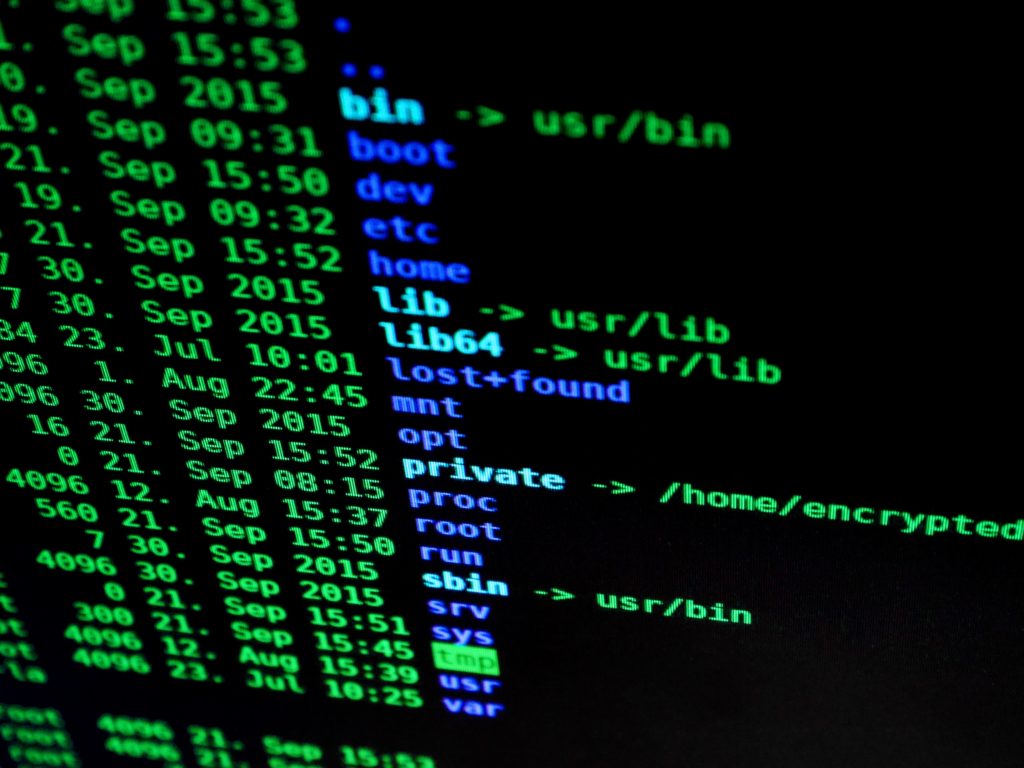 Guest post byProf. Minna Pikkarainen (University of Oulu & VTT, Technical Research Centre of Finland) & Dr. Marika Iivari (University of Oulu)
Guest post byProf. Minna Pikkarainen (University of Oulu & VTT, Technical Research Centre of Finland) & Dr. Marika Iivari (University of Oulu)
In Midas the target is to build a data driven decision support system for policy makers. So far, it has surprisingly required a lot of work to collect all the permissions for the use of different data sources for research purposes. All this has been done in order to demonstrate what could happen if the policy makers someday would have all this data and information available, Midas platform in use and analytic intelligence and visualisations in place to forecast future.
Although there is no doubt that we can make a successful demonstration of Midas platform and it will most likely lead to positive change in political field, should we talk more about the sustainability of Midas system? We should keep in mind that the goal of actual data usage that we try to achieve through Midas system is for policy making, not research.
More attention should be paid on the issues of what kind of data permissions are needed for the Midas system to be used by the ministries and regional decision makers of our countries when Midas project is finished. Is it even possible to get the permissions for e.g. cohort or access to patient records data usage if we talk about real-time data based policy making (not research)?
In the previous Midas event, we also discussed a lot about data anonymization. There was even a general question in our previous consortium meeting about the need for individual consent related to the anonymized data usage. However, when talking about MyDataMyData approach, the aim should not be anonymized data. The novelty of MyData approach is that it is enabling the data usage in personal level without anonymization. When talking about the benefits of MyData approach, more relevant question is what kind of help could we offer to our policy or decision makers when the data are personal, not anonymised? Does the non-anonymised data bring any added value for policy makers?
One example of personal, non-anonymised data usage is a service, in which the social workers can find all those unemployed young people who are at home without a place to study or work. In this case, personal data makes it possible for policy makers to see the problem, identify people and offer them personalized, focused services that help those young people to find a better target for their life.
What else could the policy makers do and offer if they could identify the situation in preventive manner and people using non-anonymized data with the individual’s consent?
- What if the decision makers could see that some contagious disease is increasingly facing people in certain area – knowing who these people actually are. Would it make it possible to stop the disease spread in early stages?
- What if the policy makers could see in early stages that there is an increasing amount of bullying and absences in some schools – knowing who are the kids and their parents involved?
- What if we could get better and faster diagnosis and to identify a better care journey for the person in case of an emergency due to the data usage? How many of you would deny data usage in this case? Is this going to change the level of collaboration in policy making?
Is the non-anonymisation of data, and the use of identifiable personal data with person’s own consent actually so scary movement that we cannot even see it to be used as a part of the future policy making? At the moment, Google, Facebook and others are anyhow using our personal data on a daily basis. And the usage is in advertisements and other general purposes. In the end, have we already passed
the time when we had some possibilities to control how our data is being used. Perhaps MyData approach is an opportunity for us to see what data is out there from us and get a possibility to control where and how the data is actually used, no matter if it is anonymised or non-anonymised.
